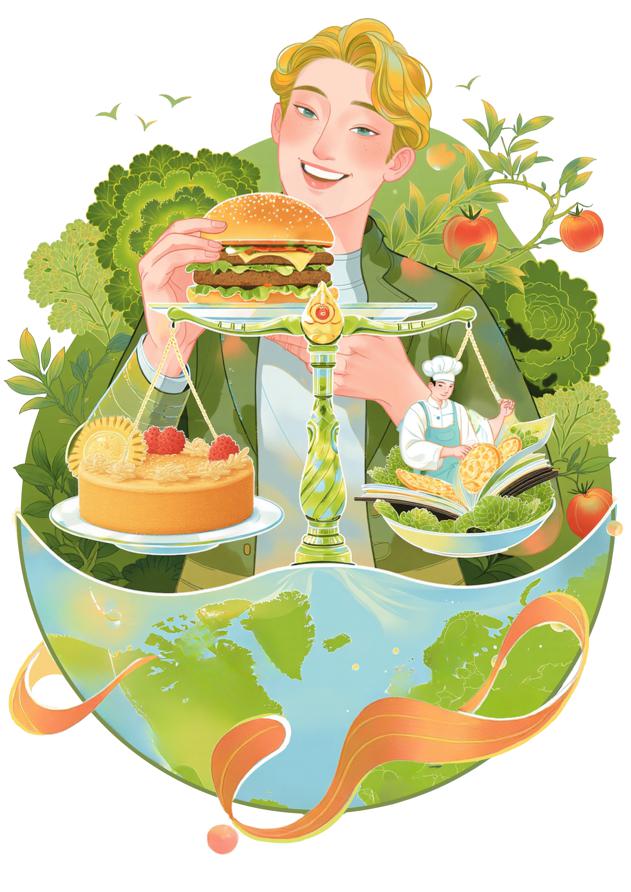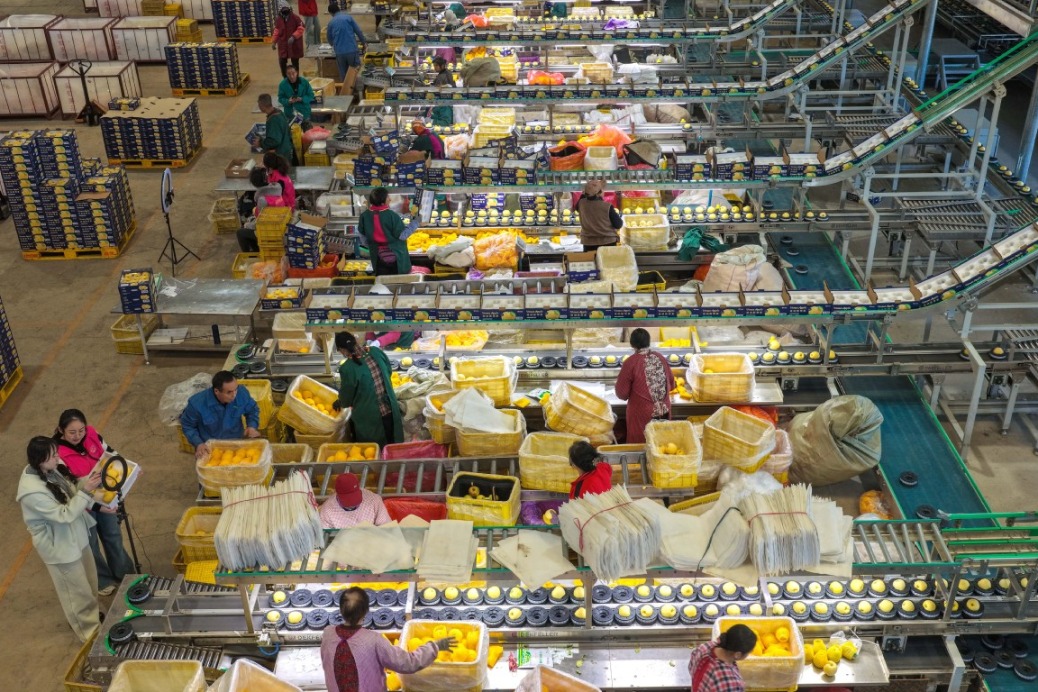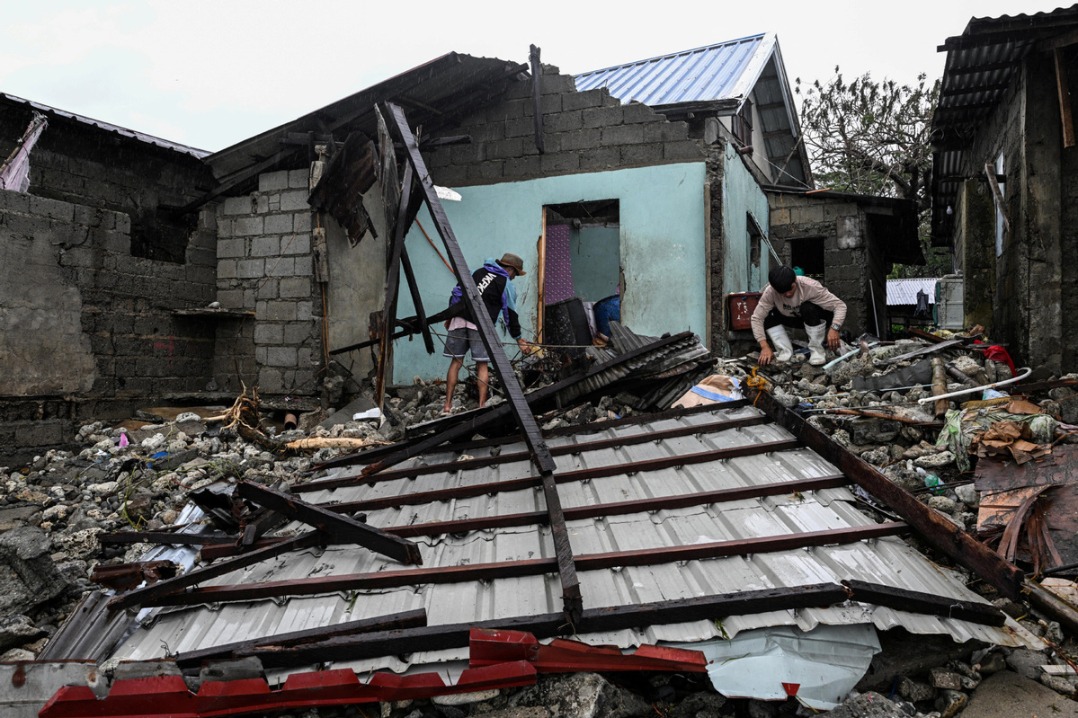Call for campaign to eliminate trans fat






Wars and other manmade health crises understandably capture global emotion and attention, and prompt urgent calls for action. However, there is another less visible manmade health challenge that countries are increasingly fighting against.
The drive to rid the global food supply of industrial trans fat — a chemical responsible for over 278,000 deaths each year around the world — is a clear case of how government commitment and action are succeeding in promoting health and saving lives.
Industrially-produced trans fat is a silent killer found in everyday products, often in baked goods, snacks and margarine. It is formed when liquid vegetable oils are industrially processed into semisolid forms to improve texture, taste and shelf life. Trans fat has no known health benefits but numerous proven harms. Even small amounts can increase the risk of coronary heart disease. However, with dedicated action, trans fat can be significantly reduced, or even eliminated, from the food supply chains, offering hope for a healthier future for tens of millions of people worldwide.
In 2018, the World Health Organization proudly launched a global initiative supported by its member states to eliminate trans fat from processed foods. Two years later, the WHO initiated a program to recognize countries for successfully doing so.
The drive is bearing fruit.
Denmark, Lithuania, Poland, Saudi Arabia and Thailand were the first to be recognized for eliminating trans fat. Now, four more countries — Austria, Norway, the Sultanate of Oman and Singapore — have joined that number. This means a combined population of more than 170 million people live in nine countries now certified by the WHO for eliminating trans fat from food manufacturing.
Austria was one of the first countries to introduce limits on trans fat content in foods, following Denmark's lead in 2009. Austria has since seen a significant reduction in trans fat levels across the food supply, with most products now complying with limits during routine monitoring.
Norway is an early adopter and has set limits on the use of trans fat in foods since 2014. Monitoring of dietary intake has shown a steady decline in consumption of trans fat over time. Trans fat has consistently accounted for less than 1 percent of energy intake.
In 2022, Oman joined other Gulf Cooperation Council countries to prohibit the production, import and marketing of partially hydrogenated oils and related food products. This decisive move aligned with Oman's broader goal of eliminating all forms of malnutrition, as outlined in its National Nutrition Strategy 2020-30.
Singapore, on the other hand, has pursued trans fat elimination since 2013, and has imposed a limit on all fats and oils sold in retail markets or supplied to food service establishments and manufacturers. Later, Singapore prohibited the use of partly hydrogenated oils (PHO) as an ingredient in fats, oils, and pre-packaged foods. The city-state has also worked with major food companies to reformulate their products to be PHO-free.
Encouragingly, food manufacturers themselves are supporting this effort. Members of the International Food and Beverage Alliance have committed to eliminating trans fat from their products. While progress has been made, efforts remain varied and reflect a broader, ongoing shift within the food industry to create healthier food options and contribute to the global fight against trans fat.
When the WHO first called for the elimination of industrially produced trans fat across the world seven years ago, only 11 countries, accounting for only 6 percent of the global population, had best-practice trans fat elimination policies in effect.
This number has since increased to almost 60, including the nine countries certified by the WHO, comprising 46 percent of the global population. In 2019, the European Union, too, set a legal limit of no more than 2 grams of trans fat per 100 grams of oil or fat used in food. These rules apply to all countries in the European Economic Area.
We look forward to these, and all other countries, being recognized by the WHO as eliminating trans fat from their manufactured food supplies.
An essential factor in success of the campaign against trans fat is the implementation of nationwide systems to rigorously monitor and enforce the policies to remove the deadly threat from foods.
As Austria, Norway, Oman and Singapore have demonstrated, it is possible to realize great change when strong commitment is paired with decisive evidence-based action. But while measures are in place in many countries, continued monitoring and enforcement are essential to ensure they succeed in eliminating trans fat for foods.
Let's build on this momentum and protect more people from this deadly product. We call on all governments to join this growing movement and commit to a future free from trans fat, where preventable deaths are averted, and everyone can benefit from safer and healthier food.
A world free from manmade trans fat is within reach.
Korinna Schumann is Austrian minister of labor, social affairs, health, care and consumer protection; Jan Christian Vestre is Norwegian minister of health and care services; Hilal bin Ali bin Hilal Alsabti is Omani minister of health; Ong Ye Kung is Singaporean minister for health and coordinating minister for social policies; and Tedros Adhanom Ghebreyesus is director-general of the World Health Organization.
The views don't necessarily represent those of China Daily.
If you have a specific expertise, or would like to share your thought about our stories, then send us your writings at opinion@chinadaily.com.cn, and comment@chinadaily.com.cn.






























